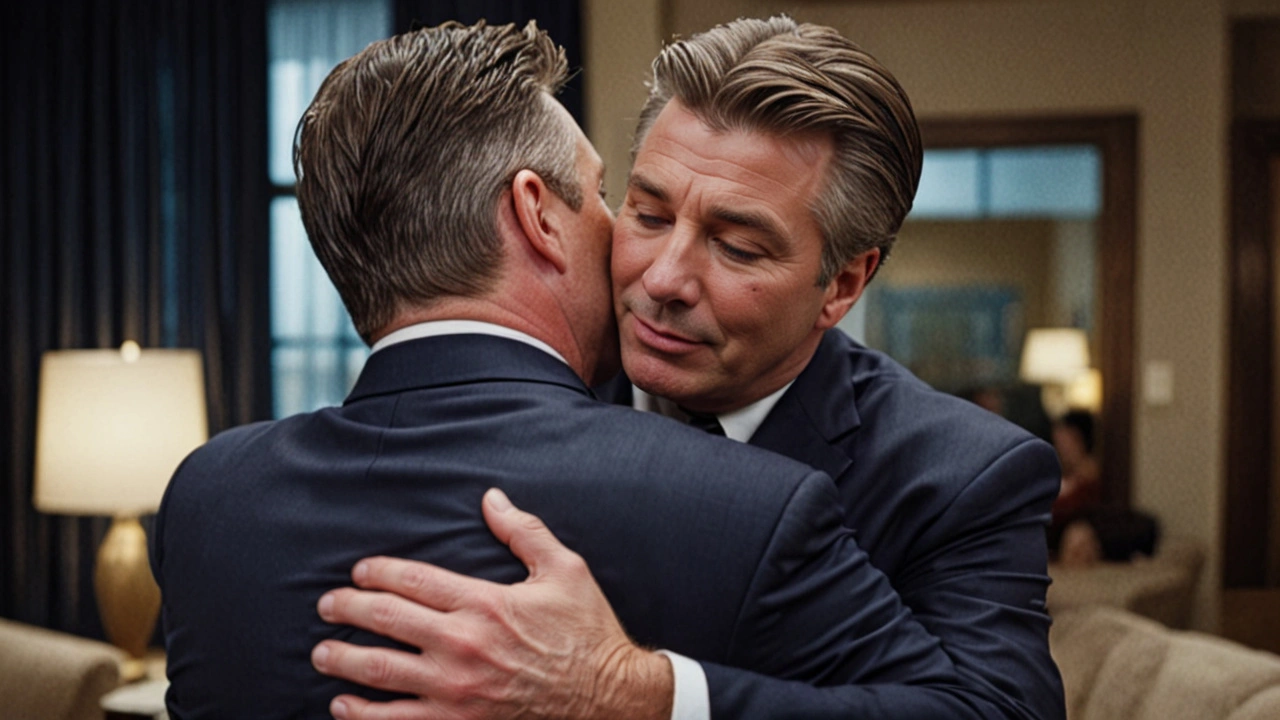Manslaughter charges: what they mean and what to do
Manslaughter charges can be confusing and scary. If you or someone you know is facing a manslaughter charge, you need clear steps and plain facts. This page explains what manslaughter usually means, how it differs from murder, what happens during the criminal process in many African systems, and practical next steps you can take today.
What manslaughter means
Manslaughter covers deaths caused without the specific intent to kill. It often follows reckless acts, dangerous driving, or fights that get out of hand. Courts look at how the death happened, the accused person’s state of mind, and whether negligence or a sudden loss of control played a role. In many jurisdictions across Africa, manslaughter carries lighter sentences than murder, but penalties still include prison, fines, or suspended sentences depending on circumstances.
How the process works: After an arrest, you may go through investigation, bail hearings, formal charges, and then trial if the case proceeds. Prosecutors gather evidence like witness statements, CCTV, medical reports, and forensic results. Defence lawyers challenge evidence and try to show lack of intent, self-defence, or reasonable doubt. Bail is often available for manslaughter cases, but judges consider flight risk and danger to the public.
If you are charged: immediate steps
First, stay silent and ask for a lawyer. Anything you say can be used in court. Second, get legal help fast — an experienced criminal defence attorney can explain charges, meet investigators, and begin building a case. Third, preserve evidence: keep phone messages, photos, receipts, and contact details of witnesses. Fourth, avoid speaking on social media about the incident.
Common defence strategies include lack of intent, accident, self-defence, or medical causes that break the chain of causation. In some cases lawyers seek reduced charges by showing provocation or diminished responsibility. Expert witnesses — forensic specialists, medical examiners, or accident reconstructionists — often play a key role in creating doubt about liability.
What victims’ families should know: Families want answers and fair outcomes. Manslaughter cases may involve plea deals where prosecutors offer reduced charges for guilty pleas. Victims’ families can request victim impact statements and should be updated on court dates. Civil claims for wrongful death are separate from criminal cases and can offer financial remedies.
Reporting and public interest: Journalists covering manslaughter cases must balance public interest with legal limits, especially where ongoing investigations could be harmed. Avoid naming minors or publishing unverified accusations. Accurate, careful reporting helps the court process and protects rights on all sides.
Where to get help: Look for local legal aid, bar associations, or community legal clinics for guidance. If you’re in South Africa, consult the Legal Aid South Africa website; other countries have similar services. If immediate danger exists, contact police or an emergency service first.
Facing a manslaughter charge is stressful, but the right steps and legal help can make a big difference. Stay calm, act quickly, and get expert advice. Keep records of court dates, contacts, and documents, and consider counseling to cope with stress during the case.

